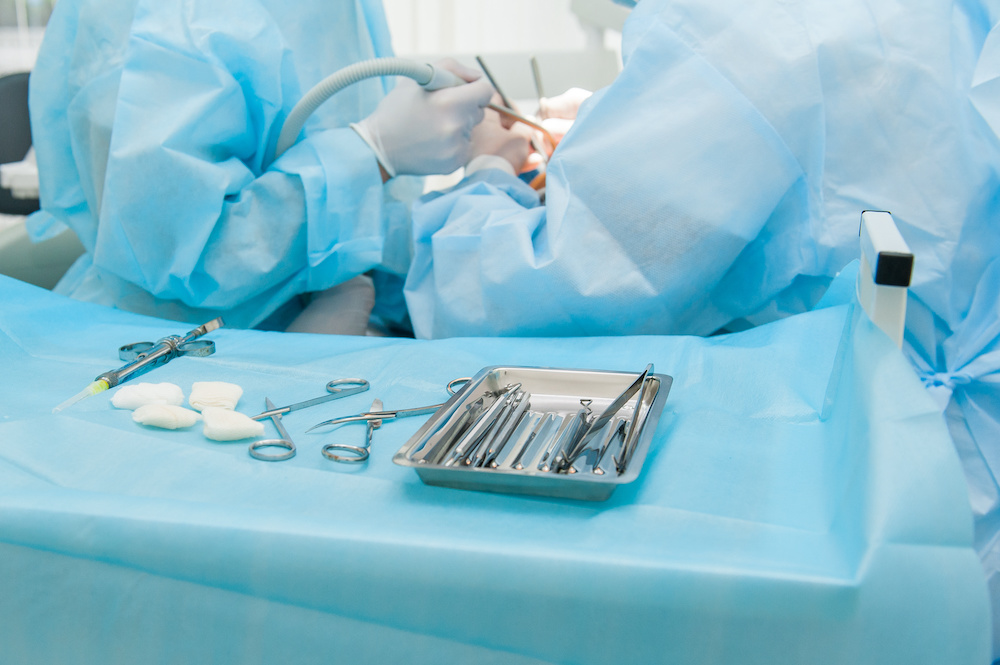
Preparing for Dental Surgery
If you need oral surgery, you’ll want to get ready, so the treatment goes well, and you can recuperate quickly at home. Most oral surgeries are done as outpatient procedures under general or local anesthesia.
Oral procedures should be treated the same way as any other surgical procedure from the patient’s perspective. Preparation and follow-up measures are essential to avoiding infection after surgery.
1. Discuss Your Surgery in Detail
Before you go into surgery, discussing the procedure with your dentist in detail is helpful. Often, patients simply need to understand what will be involved with their surgery and how the procedure is expected to benefit them before they are ready for the operation.
Don’t be afraid to voice your concerns. Inform the surgeon if you have a medical problem or are about to undergo a surgery you haven’t previously discussed. It includes any prescription or over-the-counter medications you may be taking. The more your dentist understands, the fewer issues and medication interactions you’ll likely have.
Make sure to inquire whether there are alternatives to anesthesia if you are concerned about any aspect of the surgery, such as how safe it is.
2. Organize Transportation and Post-operative Care
It is important to discuss the details of your surgery with your family and friends so that they know how to care for you once you reach home. Make sure that somebody from your family or a friend will be able to drive you home after the procedure because it can take several hours post-op before you get up to driving.
If you live alone, find out if there are any postoperative care instructions and make arrangements immediately as needed.
3. Plan Your Post-Operative Diet
Make a list of meals that don’t take a lot of chewing and stick with it. Avoid foods high in acidity or heat as they may irritate the gums. The early stages of recuperation call for high-protein beverages like Boost, Slim-Fast, or Ensure, all of which are readily available. You can’t go wrong with oatmeal and other quick-cook options.
Keep away from straws while drinking liquids, particularly following a tooth extraction.
The motion of sucking on a straw can result in a painful condition known as a dry socket, which will need further treatment from the dentist.
4. Dress for the surgery
Dress appropriately for the task at hand. Wear loose-fitting, comfortable clothes. If you don’t mind having your clothes damaged, wear something that you don’t mind getting stained, even if the doctor and staff try their best to avoid it. It is important also to consider the following:
- Remove jewelry before undergoing treatments.
- Avoid using contact lenses while getting general anesthesia since your eyes may be closed for a long time.
- Remove all cosmetics, including lipstick (but do bring lip balm as your lips may be chapped after the surgery).
Oral surgery is a significant experience for anyone, but you can be ready for the aftermath by preparing yourself and your home beforehand.

